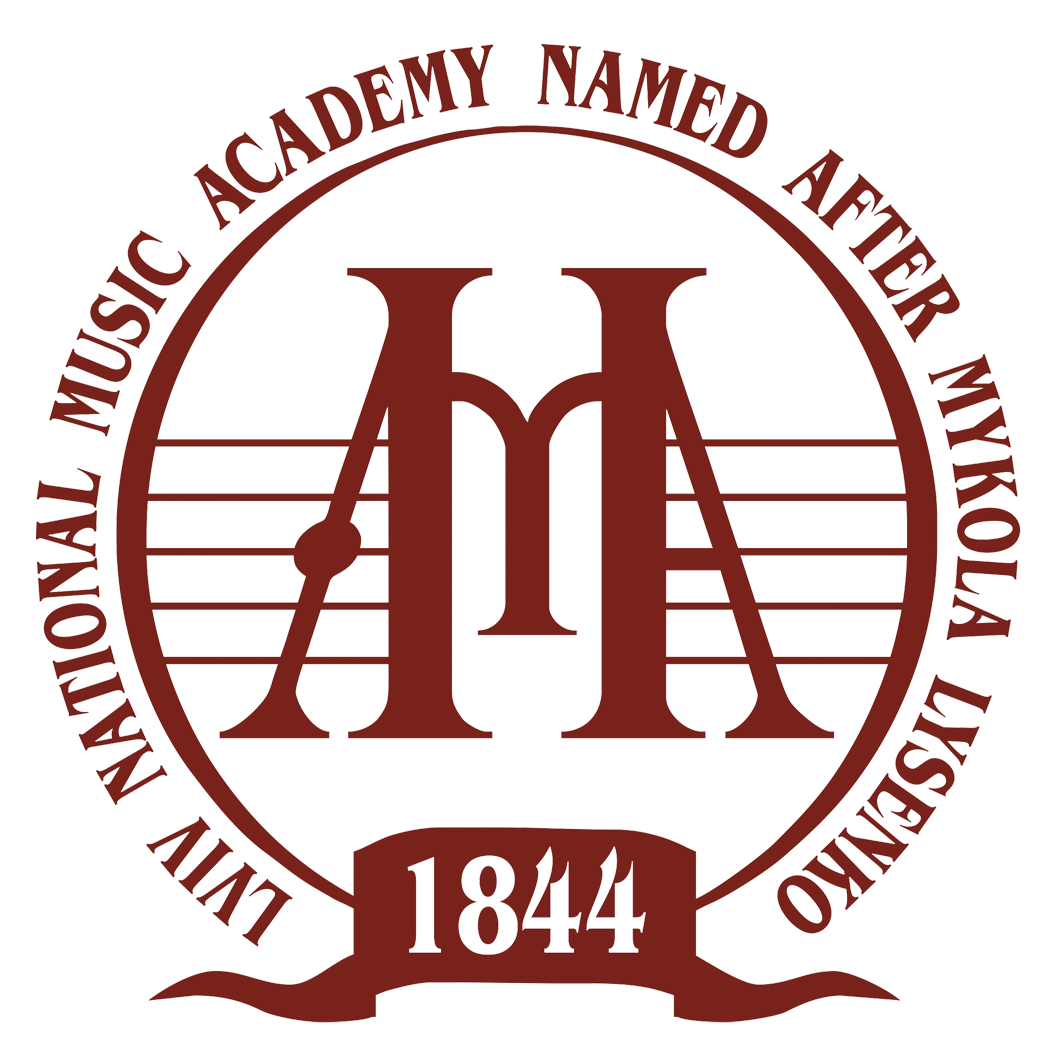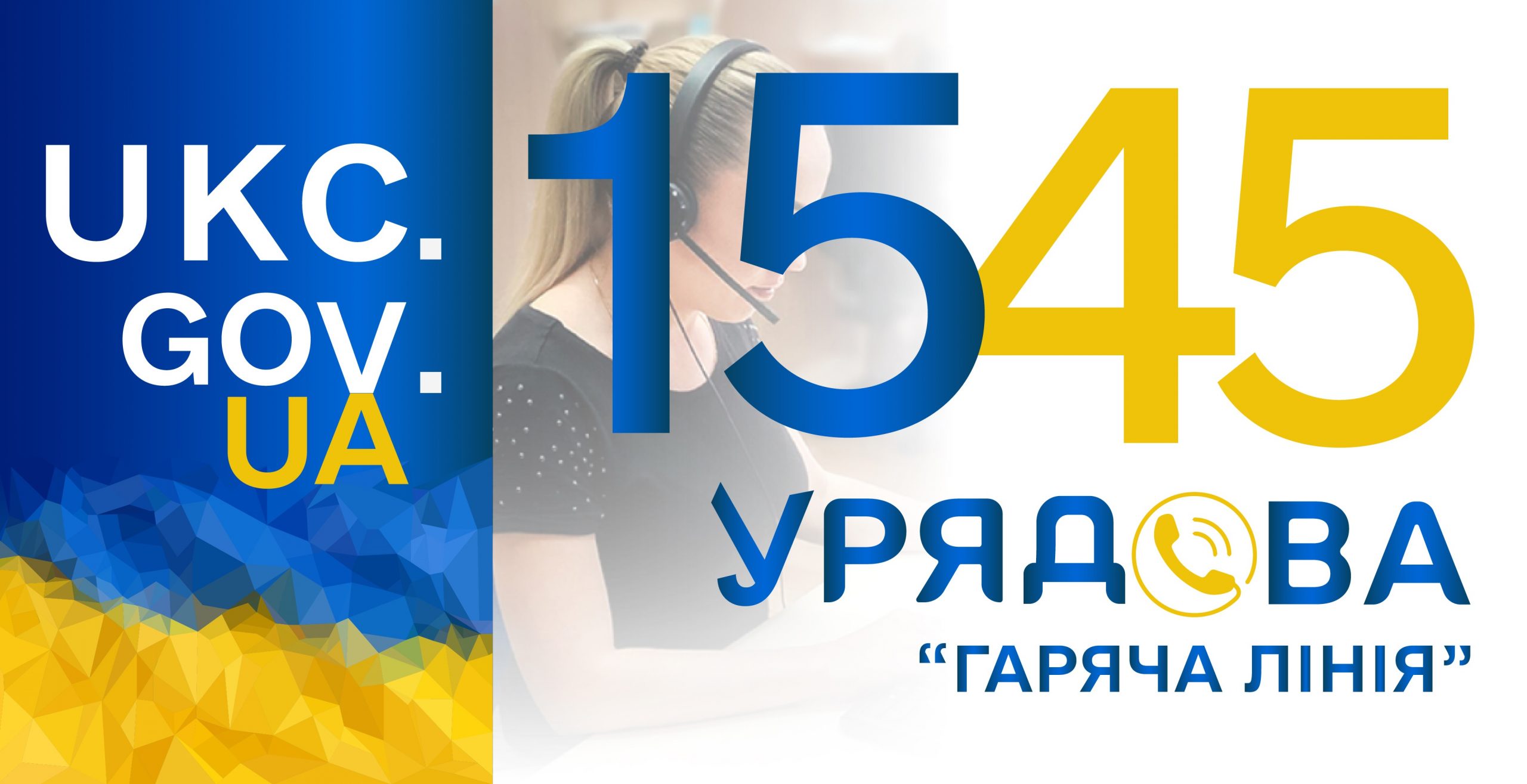- Навчання
- Розклад
- Організація навчального процесу
- Бакалаврат
- Магістратура
- Освітні програми
- Рейтинг успішності
- Студентське самоврядування
- Гуртожиток
- Онлайн оплата
- Оголошення про вакантні місця
- Гранти і соціальні програми
- Можливості працевлаштування
- Внутрішнє забезпечення якості вищої освіти
- Дистанційне навчання у ЛНМА імені М.В. Лисенка
- Вступ
- Публічна інформація
- Про Академію
- Факультети
- Наука
- Спеціалізована вчена рада із захисту дисертацій
- Дисертації та автореферати
- Науково-дослідна робота
- Конференції
- Наукові фахові видання
- Наукові видання Академії
- Публікації у наукових журналах, які індексуються у науково-метричних базах Web of Science i Scopus
- Перевірка текстів на плагіат
- Науково-методична рада
- Реєстрація в ORCID
- Студентське науково-творче товариство
- Аспірантура
- Творчість
- Напрями мистецької та наукової діяльності
- Звіт про концертну діяльність Академії за 2023 рік
- Звіт про концертну діяльність Академії за 2022 рік
- Інформація про основні творчі заходи у 2016-2021 роках
- “Україно – ми єдині!” – концертне турне джаз-бенду Академії в зоні АТО
- “ПОМІЖ СИРЕН” – концерти в рамках програми з підтримки ВПО та місцевих громад Львівської області
- Творчі колективи
- Конкурси і фестивалі
- Мистецькі події
- Майстер-класи
- Наші гості
FOLK MUSIC EDUCATION FOR FUTURE GENERATIONS
 |
The project POLYPHONY aims to collect the disappearing cultural heritage of Ukraine. Between 2013 and 2018 we were collecting thousands of folk songs in a traditional setting in small, authentic, rural villages in Ukraine. The current project is based on the POLYPHONY – Collection of Disappearing European Cultural Heritage project, focusing and concentrating on revitalizing Ukrainian music traditions. Folk_ME – Folk Music Education for Future Generations gives a niche solution to save folk heritage in Europe with a new methodology for teaching folk music in schools. The strong pillar of our methodology is a digital toolkit inspired by Polyphony project’s research and archive. We aim to develop our project together with experienced education and music professionals in order to have a real and actual answer for the threatening disappearance of folk heritage. The main objective of this project is to design, test and implement a new, adaptable model in the field of folk music education which could be further used and developed in other national contexts as well.
AIMS
The given project perfectly fits to the aims and objectives of the Strategic Partnership in the field of public education, training programs of Erasmus+ (so called KA2). We wish to apply new and innovative methods and foster cooperation among professionals in the field of music education. By doing this, we contribute to the higher quality of music education in Hungary and in other European countries.
Specific aims are:
• Integrating new technology in music education and adopting it to the digital shift
• Integrating traditions and wider international context in folk music education in high schools
• Adopting new educational methodologies in the folk music curricula based on already existing academic researches
Activities
The project will include several milestones in a length of 18 months, starting in 2019 October.
KICK-OFF (October 2019):
MEETINGS TO CREATE CONTENT:
Methodology meetings (3-5 days, October – March 2019/2020): We held 3 meetings where 2 members of each partner organization attend. During these gatherings we develop the methodologies and implementations of the specific fields below:
a. Expert and trainer meeting on technology (end of November 2019, Hungary): to design the program specification for the digital tool.
Leader: Fórum a Népművészetért Foundation – Miklós Both + Gábor Horn (IT), Árpád Bőczén (KÖME), 2-2 delegates from partners.
b. Expert and trainer meeting on traditions and wider context (January 2020, Hungary): to design the methodology of adopting traditions and a wider (even international) context in the formal folk music education.
Leader: Mátyás Bolya (Institute for Musicology), 2-2 experts from partners
c. Expert and trainer meeting on education (February – March 2020, Sibelius Academy, Finland): to design together 3 national education module (curriculum) and the international, common module.
Leader: Syrjälä Pauliina (head of the Folk Music Department, Sibelius Academy) + 2-2 experts from each partners.
CONTENT CREATION (March – May 2020):
Based on the framework received from the previous meetings, we create the necessary content for the digital tool in Finland, Hungary and Ukraine, which includes:
• 4-4 folk music videos with multi-track recording – making possible to listen to only one, or more performer simultaneously (for easier learning)
• minimum 2-2 local traditional dances in connection with the recorded folk music
• minimum 2-2 traditional clothes with 3D digital scanning
• location of the origin of the songs in
• 2-2 videos with explanation of traditions (e.g. Christmas)
• 2-2 educative video (each 3-5 min.) explaining the context and ethnological background
• 4-4 sheet music for the recorded folk music.
• The entire process will include: translation to all partner languages – subtitling short ethnological explanations and lyrics of the songs
FINAL OUTPUT (December 2019 – July 2020):
Creation of the digital tool
The final intellectual output is the web-based digital tool to be used in high school music education and the methodologies used with it. The tool is an innovative solution to modernize the music education in high schools, bringing a wider context to the folk music classes in schools and providing tools and methodologies for music educators to foster their capacities.
– Web-based digital tool including materials from Content Creation where recordings are made by the partners:
• Folk music recordings (4-4 songs) from the three countries with multi-track recording, visual
material and transcript of the songs also in English and the languages of the partnership
• Video recording of the traditional folk musicians (or tradition keepers)
• Digital on-line maps with the original sources of the songs
• Educative videos from experts explaining the context of the different songs
• Description and visual materials of relevant traditions
• 3D modeling records of traditional clothes
• Videos and educative explanations of other relevant traditions from the three countries (e.g. folk dances)
• Links to further knowledge in case there is an interest in the students of further research of the folk
• Music and the traditions of their own country or one of the others
• Tools and videos to be uploaded to the School Education Gateway
– Methodology handbook
Written methodologies are helping the integration of the digital tools into high-school education. It is based based on the Intellectual Outputs (methodology meetings) and it’s finalized when the digital tool is done. It includes the following chapters:
• Technical description of the digital tool and how to use it
• Methodology to integrate traditions and folk customs into folk music education.
• Folk music education methodology on teaching technics
MID-TERM MEETING (July 2020, Hungary):
meeting to approve the intellectual outputs – written methodologies and check the progress of the digital tool, the program’s intellectual output.
TRANSNATIONAL TEACHER TRAINING (3 days, June-July 2020, Hungary):
The goal of the training is to prepare the participants for the implementation of the newly developed methodology and digital tools into their music classes. The result is getting new knowledge, developed professional and digital skills, raised awareness and motivation among the participants. The participants will be university students who are already practicing in these high-schools or graduated music teachers who are willing to improve their digital skill and professional skills by acquiring the usage of our newly developed teaching methodologies and digital tools.
Sending Schools: The sending schools are the following: Nyíregyházi Művészeti Szakgimnázium (HUN), Budapesti Ward Mária Általános Iskola, Gimnázium és Zeneművészeti Szakgimnázium (HUN) + 2-2 schools from Finland and Ukraine.
Trainers: Pauliina Syrjälä (Head of the Folk Music Department, Lecturer of Folk Music of Sibelius Academy); Mátyás Bolya (Associate Professor in the Folk Music Department of the Liszt Ferenc Academy of Music and scientific worker at the Institute for Musicology of the Hungarian Academy of Science as Head of Folk Music Archives), Miklós Both (Head of Polyphony project, ethnographer, musician), Gábor Horn (IT expert – usage of new digital tools), possible external professionals
DISSEMINATION
– Folk and world music experts
Launch of the digital tool (October 2020, Germany): We are publishing the digital tool and the methodologies for the first time within music professionals at WOMEX and WOMEX Academy.
– Music educators
Pilot – National Dissemination Events in high schools (October 2020 – February 2021): In order to reach our goal, we test our new tools and methods with the participating teachers in high schools. We hold multiplier events in three countries (HUN, FIN, UA).
Closing event (March 2021, Hungary): presentation of the final output and results
Partners
The program is implemented by a consortium of 4 partner-organizations and associated partners. The partners are:
• Main applicant:
o Fórum A Népművészetért Foundation – Hungary
• Implementing partners:
o Hungarian Academy of Science – Institute for Musicology
o Piranha Arts (WOMEX)
o Ukrainian partner
• Academic partner:
o Sibelius Academy – University of Arts Helsinki – Finland
• Associated partners:
o 2-2 schools from Hungary, Finland and Ukraine
o Songlines Magazin
o European Music Council
o H3Online (IT experts)
o KÖME (Association of Cultural Heritage Managers)
SPECIFICATIONS
The main tasks are the following for each partner (applicant, implementing, academic):
• Send participants to the kick-off and mid-term partner meeting, to the 3 methodology meetings and to the closing event
• Host one methodology meeting (except Ukraine)
• Delegate participants to the Transnational Teacher Training (except Piranha Arts)
• Participate in local and international dissemination
• Project documentation, translations





